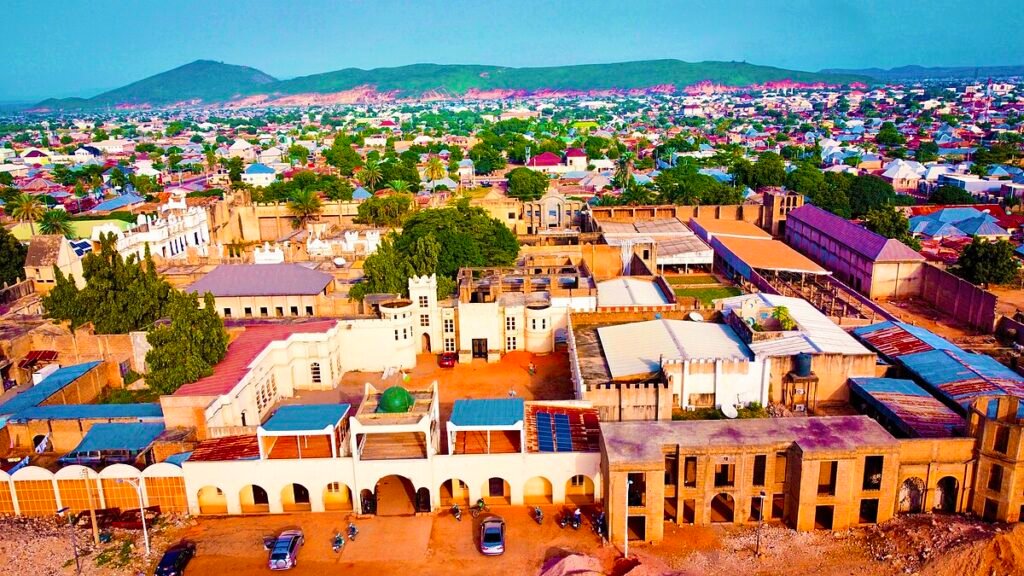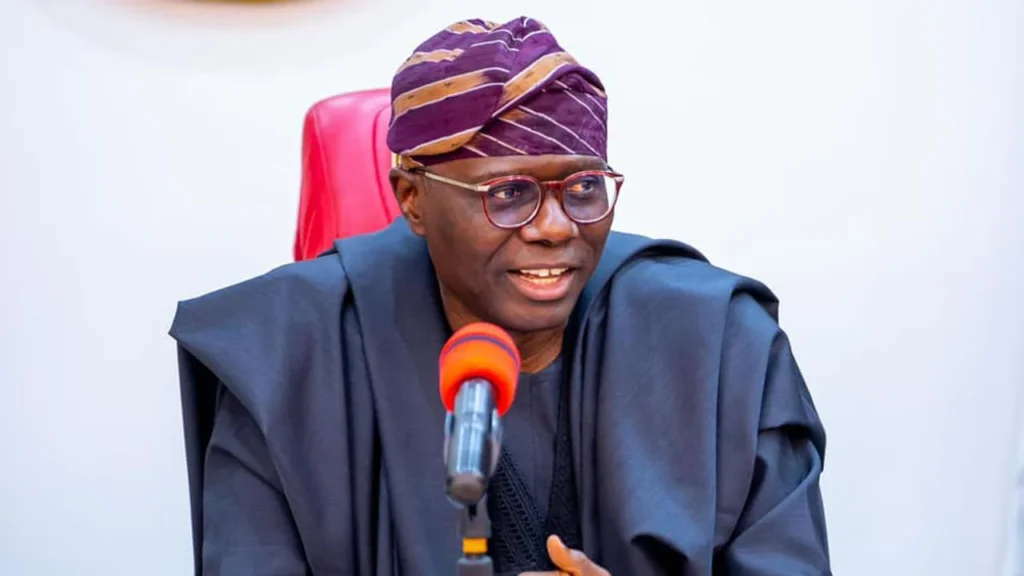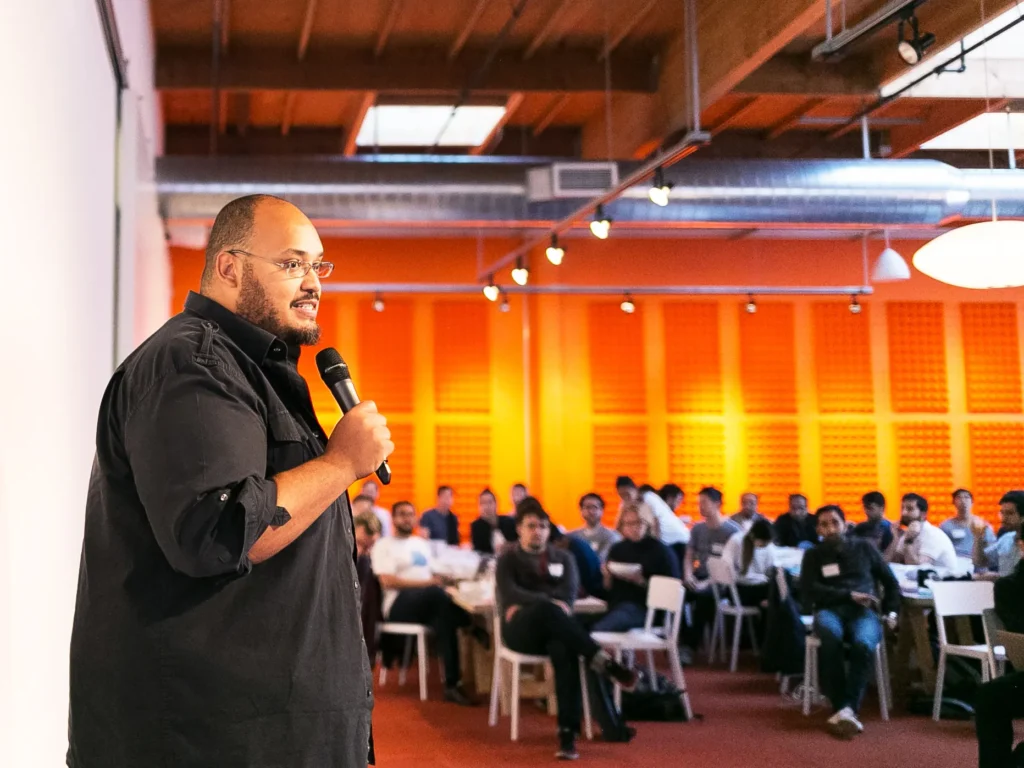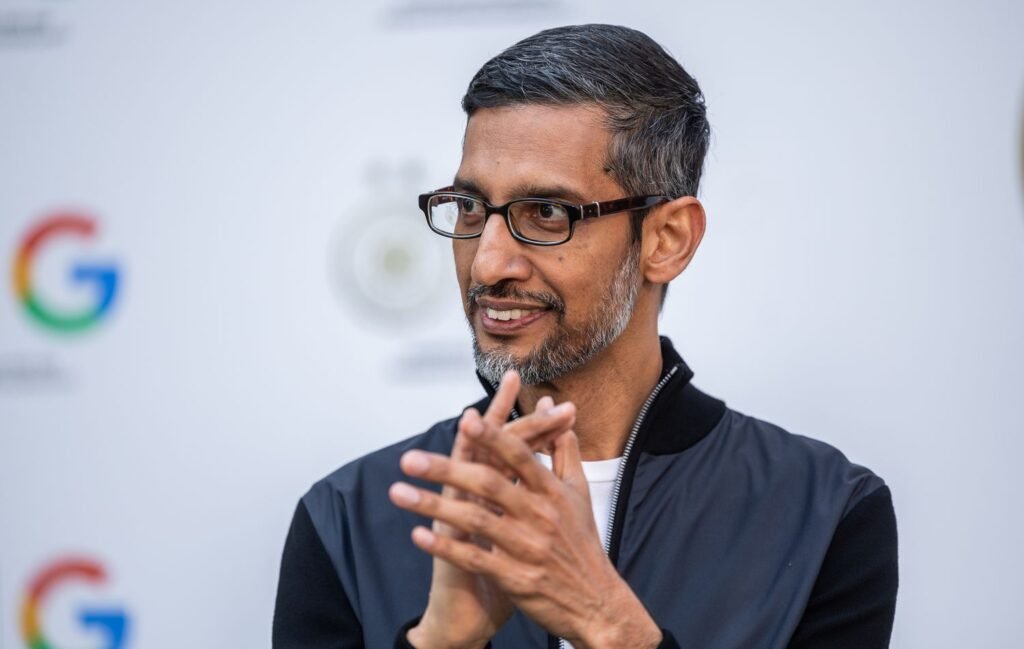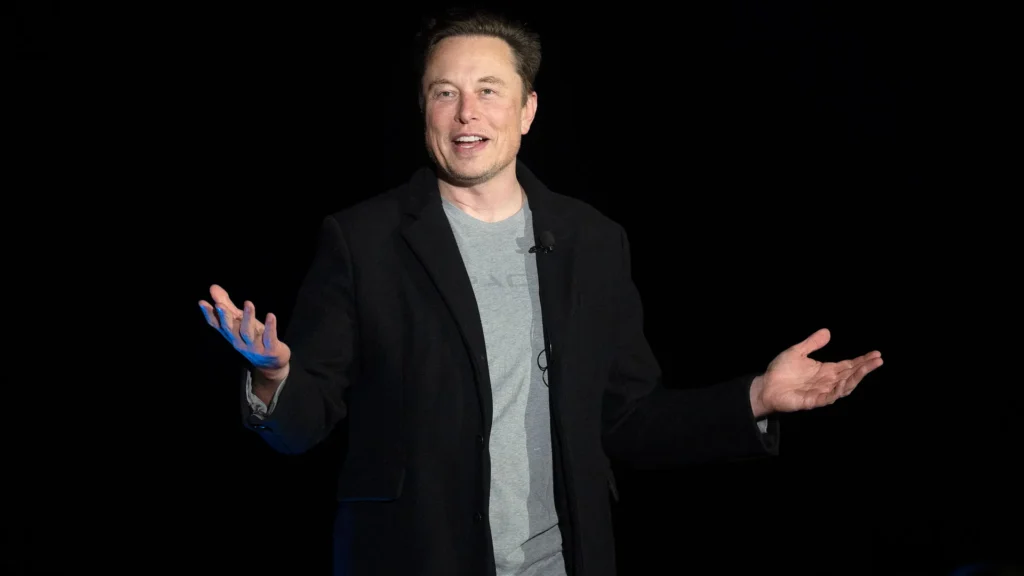Gombe Government commits to domesticating National Startup Act
Gombe State Governor Muhammadu Inuwa Yahaya has reaffirmed the state’s commitment to fostering innovation and driving digital economic growth through the domestication of the National Startup Act (NSA) of 2022. This declaration was made during a stakeholders’ engagement session organized by the Office for Nigerian Digital Innovation (ONDI) at the Federal College of Education (Technical), Gombe, on Wednesday. Strengthening Innovation and Technology in Gombe Represented by the Speaker of the Gombe State House of Assembly, Rt. Hon. Mohammed Abubakar Luggerewo, Governor Yahaya emphasized that his administration prioritizes science, technology, and innovation. To this end, the state has established a dedicated ministry led by skilled professionals to nurture local talent and enhance economic growth. The Governor highlighted that a bill focusing on information and communication technology is already under review in the State Assembly, having passed its first and second readings. He expressed optimism that the legislation would soon be enacted, providing a legal framework to ensure the sustainability of government policies in the technology sector. Governor Yahaya assured stakeholders of his administration’s full support for the domestication and implementation of the National Startup Act in Gombe State. He underscored the Act’s potential to create employment, reduce youth restiveness, and harness the capabilities of young people. “The youth are our greatest asset, and we are committed to channeling their potential to benefit both the state and the nation,” he said. Legislative and Administrative Backing In his dual capacity as Speaker of the State House of Assembly, Hon. Abubakar Luggerewo reiterated the Assembly’s dedication to passing the ICT-focused bill into law. He pledged robust legislative support to ensure the realization of the state’s digital transformation goals. The Commissioner for Youth and Sports Development, Adamu Inuwa, represented by Permanent Secretary Modi Shelpidi, echoed the Governor’s vision, stating that the NSA aligns with the administration’s efforts to empower youth through education, skill development, and job creation. These initiatives, he noted, are crucial for addressing issues like restiveness, criminality, and unemployment among the youth. Dr. Ishiyaku Babayo, the Governor’s Special Adviser on Development Partner Coordination, represented by Saifullahi Ibrahim Waziri, Focal Person for Investment in Digital and Creative Enterprises (iDICE), emphasized the transformative potential of technology. He noted that the NSA would significantly contribute to economic growth and improve livelihoods across the state. Stakeholder Engagement and Support During the event, ONDI Team Lead Hassan Idris provided insights into the program’s objectives. He explained that ONDI, a Special Purpose Vehicle (SPV) under NITDA, aims to promote digital innovation and economic growth. The engagement session brought together stakeholders to explore the domestication of the NSA, taking into account Gombe State’s unique opportunities and challenges. The Acting Vice-Chancellor of Gombe State University, Professor Sani Ahmed Yauta, expressed the university’s strong support for the NSA domestication process. He emphasized the Act’s potential to provide career opportunities for graduates, foster entrepreneurship, and promote self-reliance among the youth. Professor Yauta commended the state government’s proactive approach to encouraging innovation and creativity. Recent Milestones in Gombe’s Tech Ecosystem Governor Yahaya’s administration has already made significant strides in promoting technology and innovation. Earlier this year, the Governor launched the Outsource to Nigeria Initiative (OTNI) and inaugurated a Business Process Outsourcing (BPO) Centre in Gombe. This facility, with the capacity to accommodate 2,000 individuals, represents a critical step toward job creation and skill development for the state’s youth and beyond. A Commitment to a Digital Future The domestication of the NSA is expected to strengthen Gombe State’s position as a hub for innovation and technology. By fostering collaboration among government, academia, and private stakeholders, the state aims to build a sustainable ecosystem that supports startups, nurtures talent, and drives economic growth. Governor Yahaya’s vision for Gombe reflects a commitment to leveraging technology to create opportunities and improve the quality of life for its residents.
Gombe Government commits to domesticating National Startup Act Read More »
